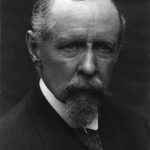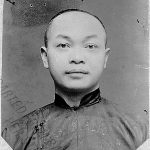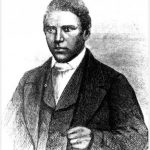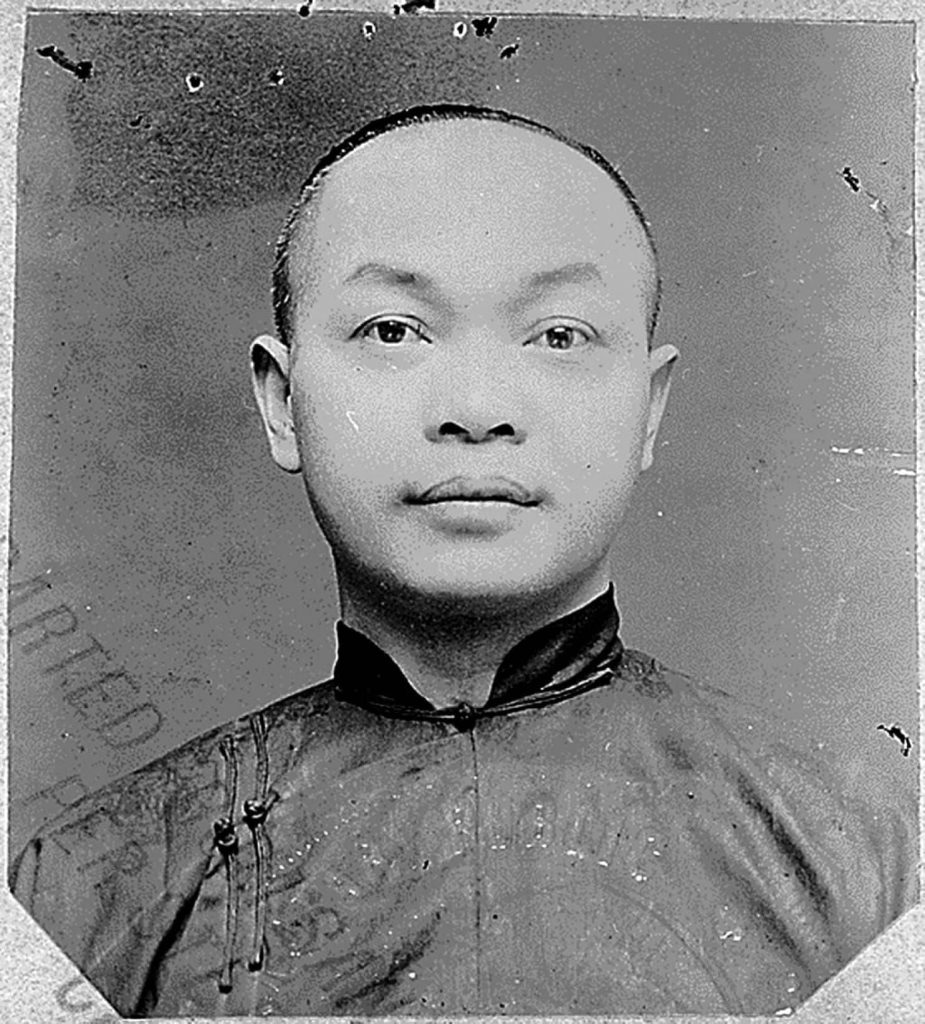Why did US expansionists fail to achieve so many of their nineteenth-century goals?
CHAPTER 7: “A Good Enough England”: Foreign Relations in the Gilded Age, 1877-1893
“Absorbed in domestic problems and less concerned with external threats than at any time in their nation’s history, Gilded Age Americans elevated traditional doctrines of non-entanglement to holy writ. At the same time, they were more than ever drawn to far-flung areas in search of adventure, opportunity, commerce, and ‘heathen’ souls to be saved. Conscious of their rising power, they were more disposed to intervene in their own hemisphere and indeed beyond. During these years, such intrusions were often clumsy and counterproductive. Expansionist initiatives were frequently thwarted by a hostile Congress or junked by incoming administrations.” (Herring, p. 265)
–George C. Herring, From Colony to Superpower: U.S. Foreign Relations Since 1776 (New York: Oxford University Press, 2008), 265.
KEY TERMS & FIGURES: Chinese Exclusion (1882) // James G. Blaine // Alvey Adee // Wong Kim Ark // Henry McNeal Turner
Principles, Policies, Slogans: The politics of 19th century US diplomacy
Principles
- Democracy @ home
Policies
- National independence (unilateralism)
- Continental expansion (annexation)
- Global trade (reciprocity)
Slogans
- City on a hill
- Millions for defense, not one cent for tribute
- 54-40 or Fight
- Manifest Destiny
KEY FIGURES
James G. Blaine (1830-1893)
 “The pace of U.S. overseas activity quickened from 1889 to 1893 under the aggressive leadership of President Benjamin Harrison and Secretary of State Blaine. Defeated by Cleveland for the presidency in 1884, Blaine declined to run four years later. The Republicans nominated instead the Indiana lawyer, U.S. senator, and grandson of President William Henry Harrison. As a Senate mentor, Blaine had helped convert the Indianian to expansionism. The cold, aloof president and his dynamic, charismatic adviser never formed a close working relationship; their collaboration was often beset with rivalry and tension. But the two pursued an activist, sometimes belligerent foreign policy that jump-started a decade of expansionism, energetically reasserting U.S. leadership on the hemisphere, pushing reciprocity with renewed vigor, escalating a minor crisis with Chile to the point of war, aggressively pursuing naval bases in the Caribbean and Pacific, and even giving the green light to a coup d’etat in Hawaii. Small of stature with a high-pitched voice, ‘Little Ben’ was especially bellicose and on several occasions had to be restrained by the man known as ‘Jingo Jim.’” (Herring, chap. 7, pp. 292-3)
“The pace of U.S. overseas activity quickened from 1889 to 1893 under the aggressive leadership of President Benjamin Harrison and Secretary of State Blaine. Defeated by Cleveland for the presidency in 1884, Blaine declined to run four years later. The Republicans nominated instead the Indiana lawyer, U.S. senator, and grandson of President William Henry Harrison. As a Senate mentor, Blaine had helped convert the Indianian to expansionism. The cold, aloof president and his dynamic, charismatic adviser never formed a close working relationship; their collaboration was often beset with rivalry and tension. But the two pursued an activist, sometimes belligerent foreign policy that jump-started a decade of expansionism, energetically reasserting U.S. leadership on the hemisphere, pushing reciprocity with renewed vigor, escalating a minor crisis with Chile to the point of war, aggressively pursuing naval bases in the Caribbean and Pacific, and even giving the green light to a coup d’etat in Hawaii. Small of stature with a high-pitched voice, ‘Little Ben’ was especially bellicose and on several occasions had to be restrained by the man known as ‘Jingo Jim.’” (Herring, chap. 7, pp. 292-3)
Other Key Players, Witnesses, or Examples
- Alvey Adee
- Wong Kim Ark
- Henry McNeal Turner
KEY TERMS: Chinese Exclusion Act (1882)
“Congress in 1879 passed a bill limiting the number of Chinese who could come into the country on any ship. As anti-Chinese as he was anti-British, then-Senator [James G.] Blaine defended the legislation as a blow for the ‘civilization of Christ’ against the ‘civilization of Confucius.’ Arguing that the bill violated U.S. treaty obligations, Hayes courageously vetoed it. Recognizing the political strength of the agitators, however, the government negotiated a new treaty with China permitting the United States to limit or suspend but not to ‘absolutely prohibit’ Chinese immigration. Congress immediately suspended immigration for twenty years, provoking an Arthur veto. The legislators responded with a new bill suspending Chinese immigration for ten years, the first such exclusion in U.S. history. More exclusionist laws followed. With no choice but to acquiesce, the Chinese in 1894 agreed to a new treaty that ‘absolutely prohibited’ the immigration of Chinese laborers for ten years. Diplomatic relations worsened during the 1890s.” –George Herring, From Colony to Superpower, p. 283
Discussion Questions
- The complex story that Herring relates over the evolution of Chinese exclusion policy suggests that it was not simply a matter of universal and immoveable white prejudice against Asians. How does he complicate the story?
- Yet despite all of the necessary context and appreciation for complexity, the struggle over Chinese exclusion does ultimately come down to the power of popular prejudice. What does this episode (and others documented in this chapter) suggest about the relationship between the making of US foreign policy and domestic politics and attitudes?
Chinese Exclusion Act
- First Chinese Exclusion Act (1882) (National Archives)
- Background on Wong Kim Ark, litigant in Supreme Court case (1898)
- Jonathan Katz, “Birth of a Birthright,” Politico (2018)
- OP-ED: Amanda Frost, Everyone Born in the United States is a U.S. Citizen. Here’s Why. Washington Post, March 28, 2023




